Eating Together (Part 2): Physiological Benefits of Sharing a Meal

I remember my grandmother gently scolding us when we tried to eat alone or standing over the kitchen sink. "Sit down and share it with your siblings. Food should be eaten together at the sofra, or it’ll go straight to your feet.”
For years, I thought this was just an old-fashioned rule to keep us from making a mess. But as it turns out, she might have been onto something…that modern science is now catching up to.
A Recipe for Better Nutrition
When we eat with others, we are far more likely to make healthier choices. Studies show that children and adolescents who have frequent family meals consume more fruits and vegetables, more fiber, more micronutrients, and fewer sugary drinks and fried foods (Utter et al., 2016). These early habits stick: young adults who grew up with regular family dinners maintain healthier diets and are less likely to become obese (Fishel, 2015).
In households where most meals are shared, cooking from scratch is more common, and there seems to be a natural emphasis on balance, variety, and mindful eating rather than convenience-driven snacking or fast food.
Beyond Nutrition: Broader Physical Benefits
Eating together does more than shape what’s on our plate; it also supports overall physical health. Adolescents who frequently share meals with their families show lower rates of obesity, and evidence suggests that these protective effects can persist into adulthood (Utter et al., 2016).
For children with chronic conditions such as asthma, the benefits of family meals extend even further, improving adherence to treatment and reducing stress (Fishel, 2015).
Among older adults, moving from solitary to communal dining has been shown to improve appetite, increase nutritional intake, and boost overall vitality (National Geographic, 2023). Sharing meals encourages consistent eating patterns and helps prevent malnutrition, a serious risk for seniors living alone.
Social Support and Physical Health
Regular shared meals also create stronger social support networks, which have a profound impact on physical health. Socially connected individuals have better immune responses, lower inflammation, and even lower mortality rates (Dunbar, 2017).
Looking at it in this way, sharing a table can be seen as a preventive measure; a kind of daily “medicine” for the whole body.
Tradition, Connection, and Health
At Fairies' Cuisine, we talk often about how tradition and modern science meet on the plate. Just as we discussed in our blog The Timeless Wisdom of Mothers, the lessons our elders passed down were rarely written in academic journals, but they often echo what research now proves true.
If you’re curious about how shared meals nurture the mind and spirit, read our companion article, Why Eating Together Nourishes the Mind and Spirit. Together, these two practices (nourishment and social bonds) form the foundation of a happy, healthy life.
A Simple Invitation
Next time you consider eating alone, think of it as an opportunity to…call a friend, invite your partner to the table, join your children for dinner (even if it's just leftovers). Care is felt in the simple little gestures we make, both for ourselves and for each other.
References
Dunbar, R. I. M. (2017). Breaking bread: The functions of social eating. Adaptive Human Behavior and Physiology, 3(1), 198–211. https://doi.org/10.1007/s40750-017-0061-4
Fishel, A. (2015). Science says: Eat with your kids. The Conversation. Retrieved from https://theconversation.com/science-says-eat-with-your-kids-34573
National Geographic. (2023). Sharing a meal with friends and family could be the key to better mental health. Retrieved from https://www.nationalgeographic.com
Utter, J., Denny, S., Lucassen, M., & Dyson, B. (2016). Adolescent cooking abilities and behaviors: Associations with nutrition and emotional well-being. J Nutr Educ Behav, 48(1), 35-41. https://doi.org/10.1016/j.jneb.2015.08.016
There is a particular kind of hesitation that happens in front of the produce wall…
Somehow, a holiday about light, generosity, and togetherness became the time of year we panic-buy our way into proving we care…
What if the healthiest thing you could do is stop believing everything in the grocery aisle that calls itself “super”?
Discover how baklava evolved from early Central Asian layered pastries to the refined Ottoman masterpiece we know today…
Explore how yoğurt weaves through Turkish cuisine, from soups and mezes to mains, pastries, and desserts... the timeless taste that ties every meal together.
Science confirms what our grandmothers always knew: sitting down together is the recipe for lifelong health.
Eby’s Golden Guernsey milk is the ‘secret’ ingredient that makes our sütlaç, puddings, pochas, sauces, and soups unforgettable…Reminding us why real quality matters.
From jars of tangy probiotic pickles to real fruit leathers and vitamin-rich tarhana soup mix, we share how a Mediterranean family in Canada prepares their pantry for the long winter, with recipes rooted in tradition, adapted for today.
Istanbul’s cuisine is not a story of invention but of conversation, where Thracian settlers, Greek tavern-keepers, Armenian bakers, Jewish exiles, Kurdish migrants, and Ottoman courts all left their mark on the city’s table.
Preserving food wasn’t a hobby. It was survival, celebration, and creativity all at once.
Mediterranean diet is about memory, movement, and meals that satisfy body and soul.
Before it was a health trend, yogurt was medicine, snack, and staple: fermented on horseback, shared across empires, and still echoing in every spoonful today.
Shared meals don’t just feed the body. They knit our hearts together, heal loneliness, and keep old stories alive at the table.
What if tradition wasn’t about perfection or the past… but about adapting wisdom for a better life today?
From leaves to molasses, from sour to sweet — the grape vine carries 10,000 thousand years of Anatolian wisdom into every season.
More than flavour, preservation is geography, memory, and thousands of years of learning to listen to the land…
Before there were books or blueprints, there were mothers—teaching us how to live, protect, and remember.
The future of your health — and the planet — might depend on something as simple as choosing a ripe tomato in season…
Ece is the Content Strategist, Author, and Editor at Fairies' Cuisine. She designs and manages the website while writing about the history and cultural influences of Turkish and Anatolian cuisine. With a B.Sc. in biology focused on health, nutrition, and the environment, Ece is passionate about telling stories that help connect people with new perspectives.
Ece is also a guest author for "Reconnect Beauty", a minimalist brand focused on clean, sustainable beauty for personal and environmental well-being.





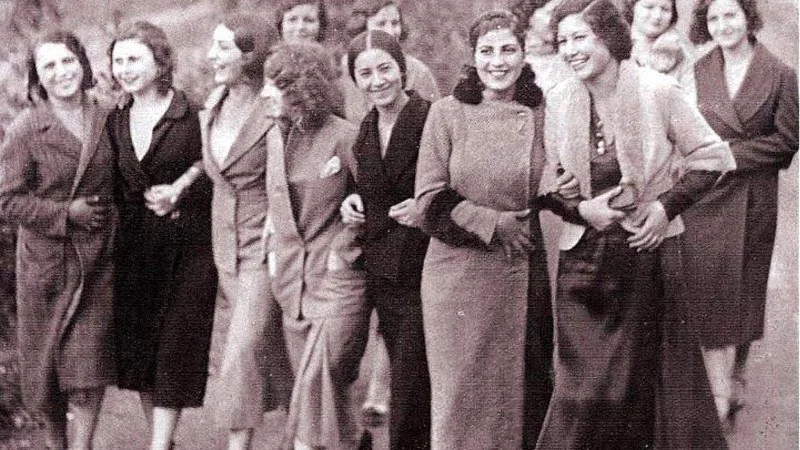






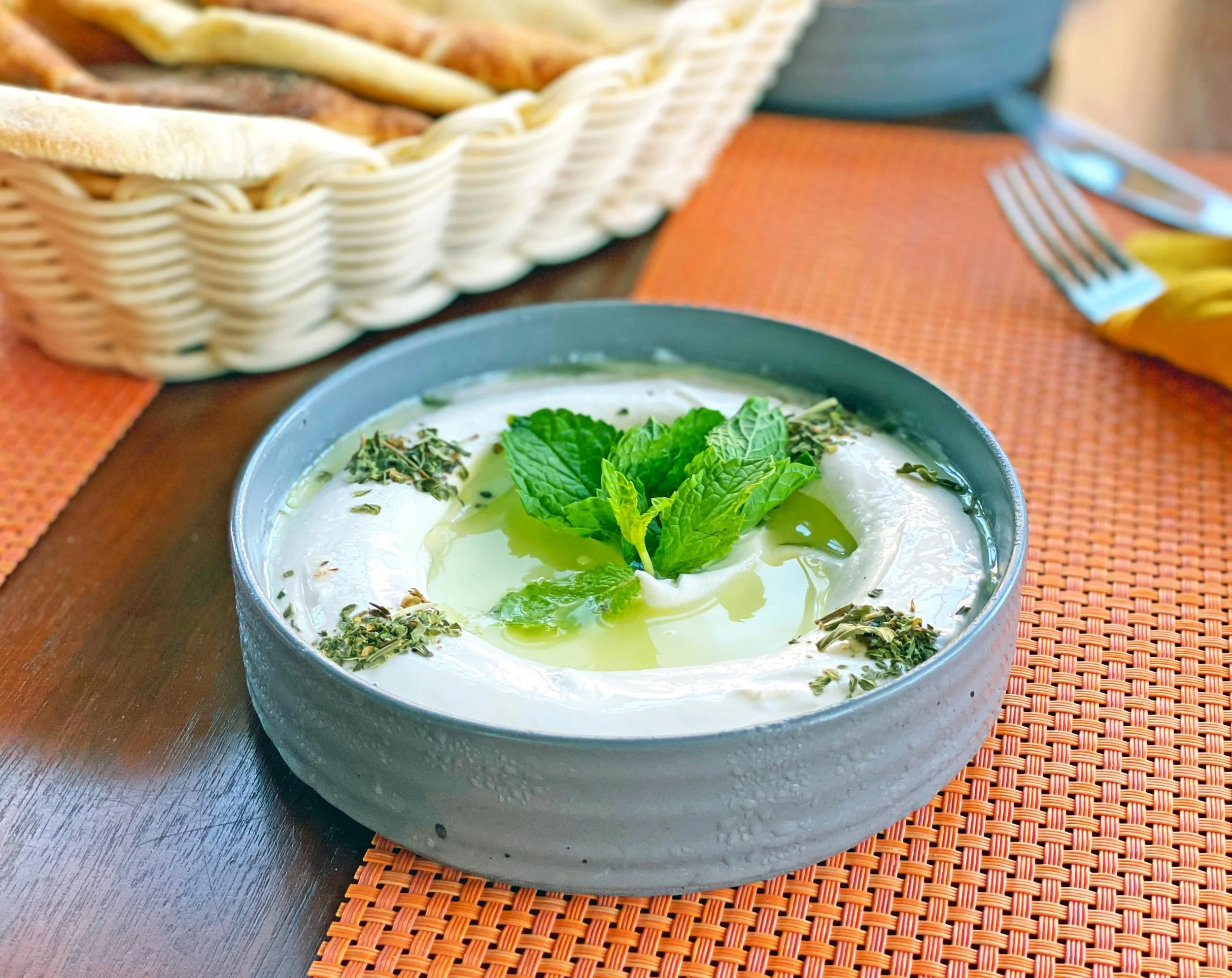
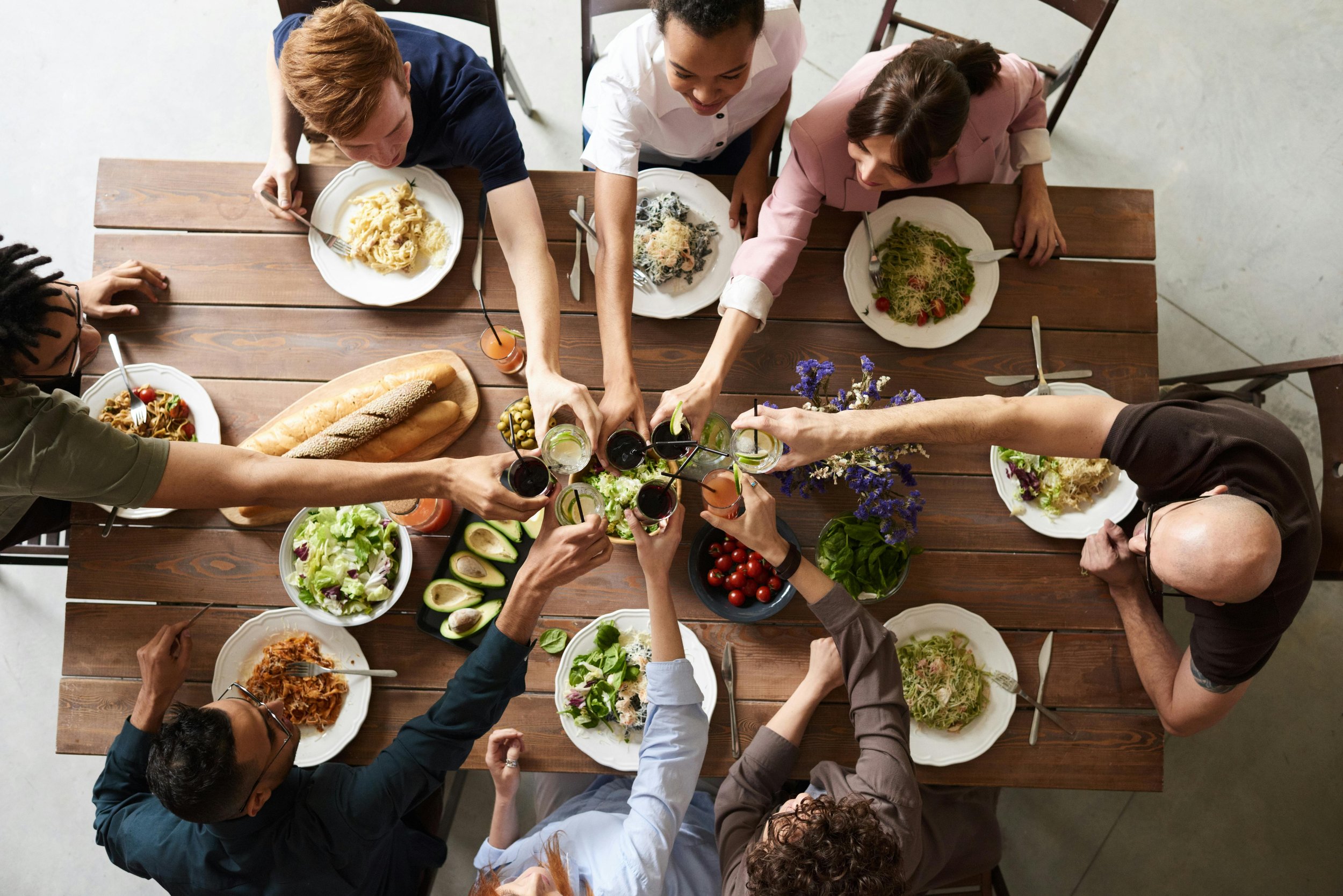





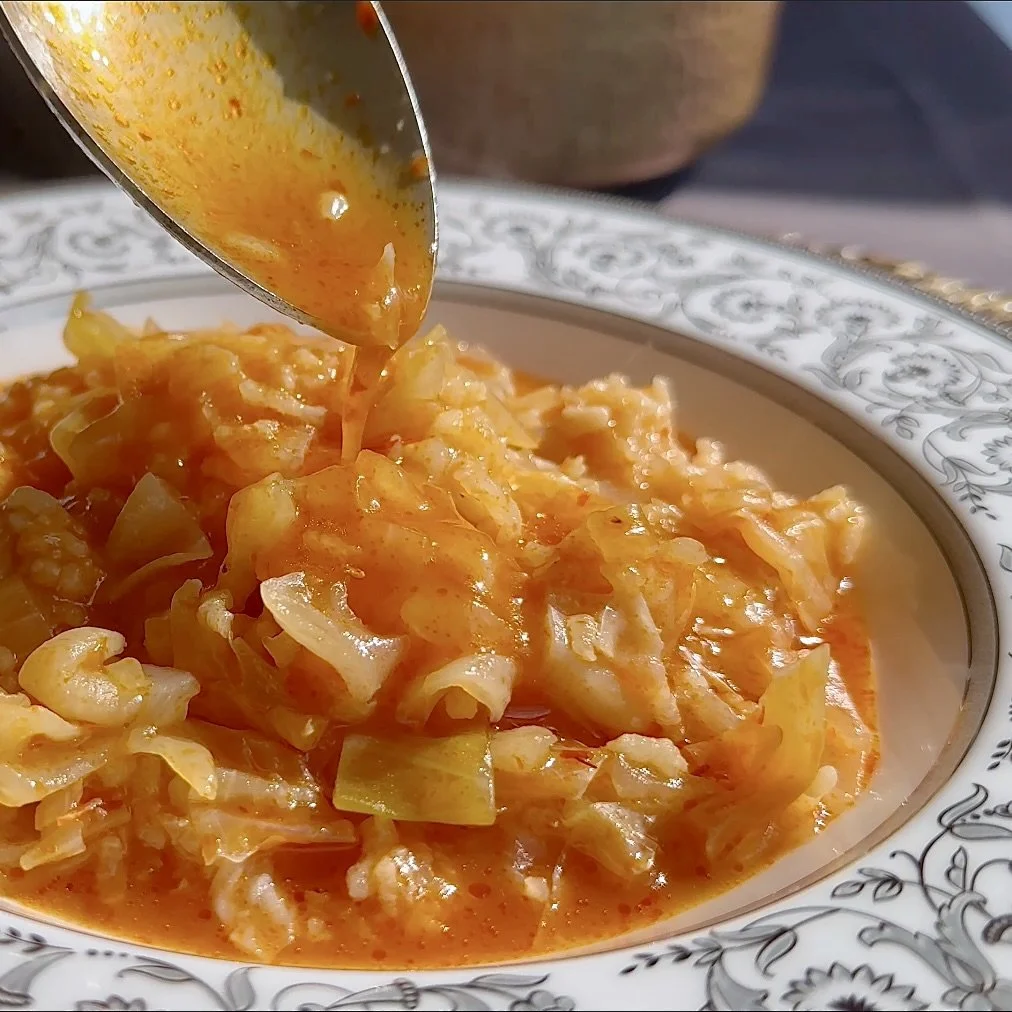

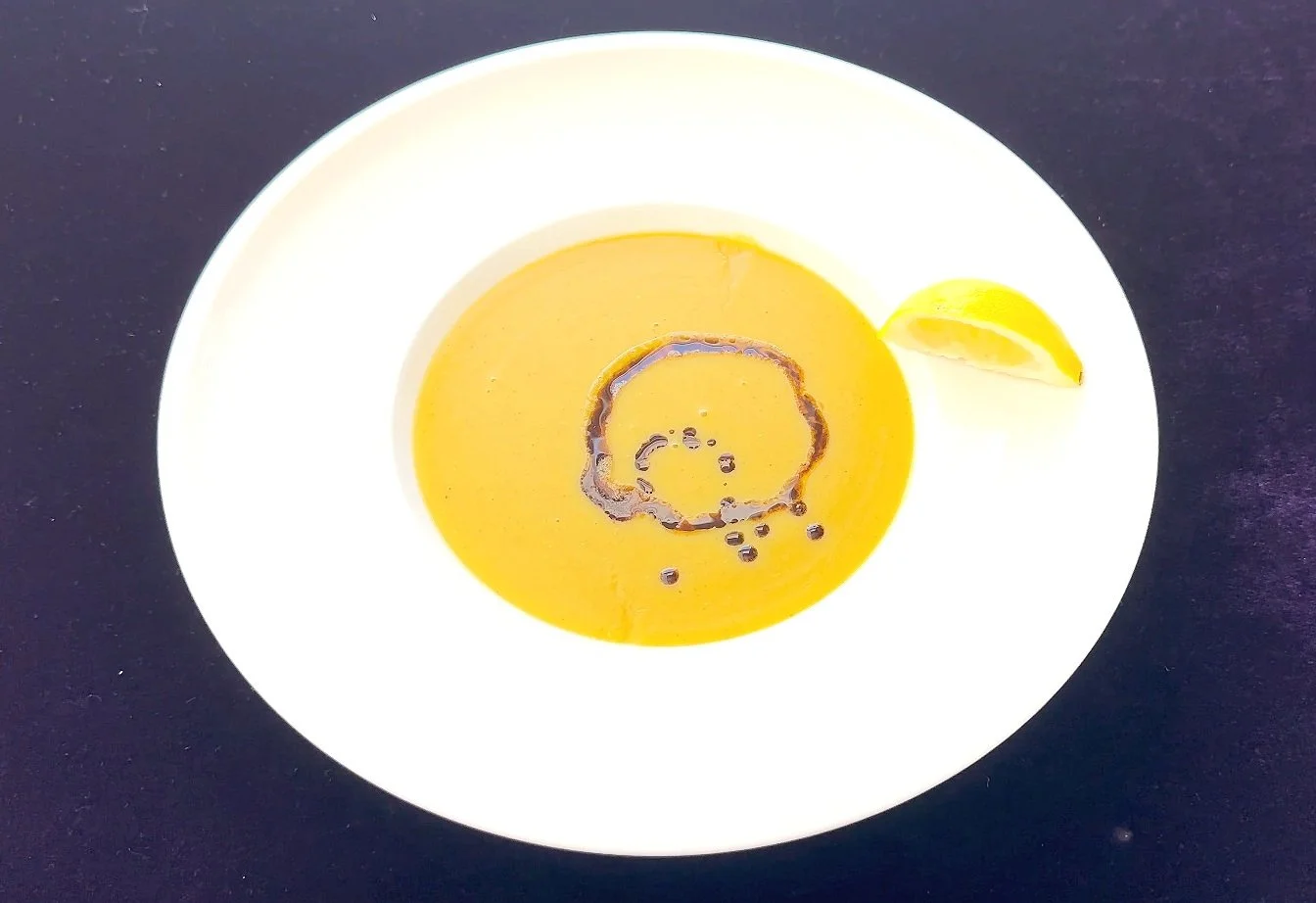
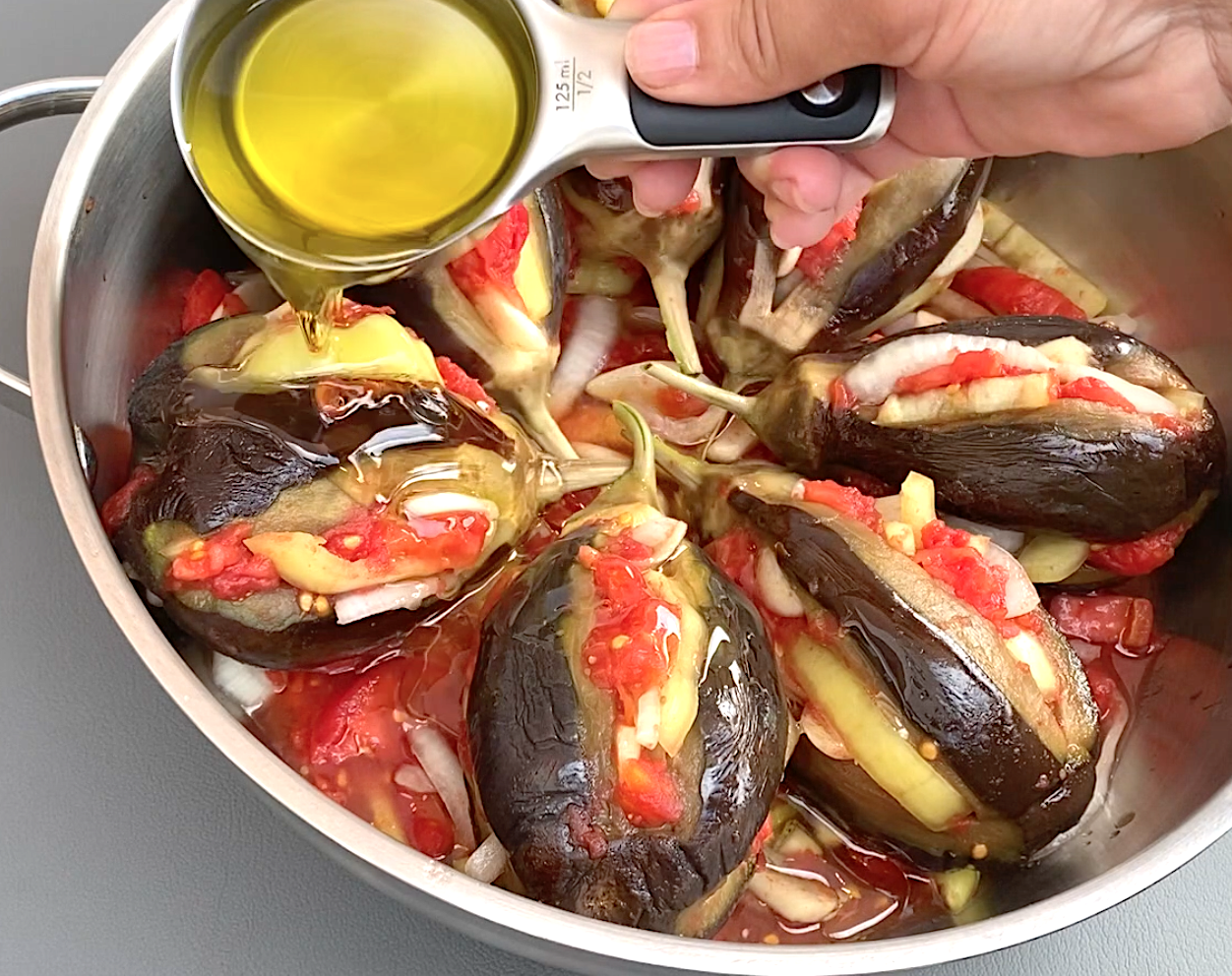


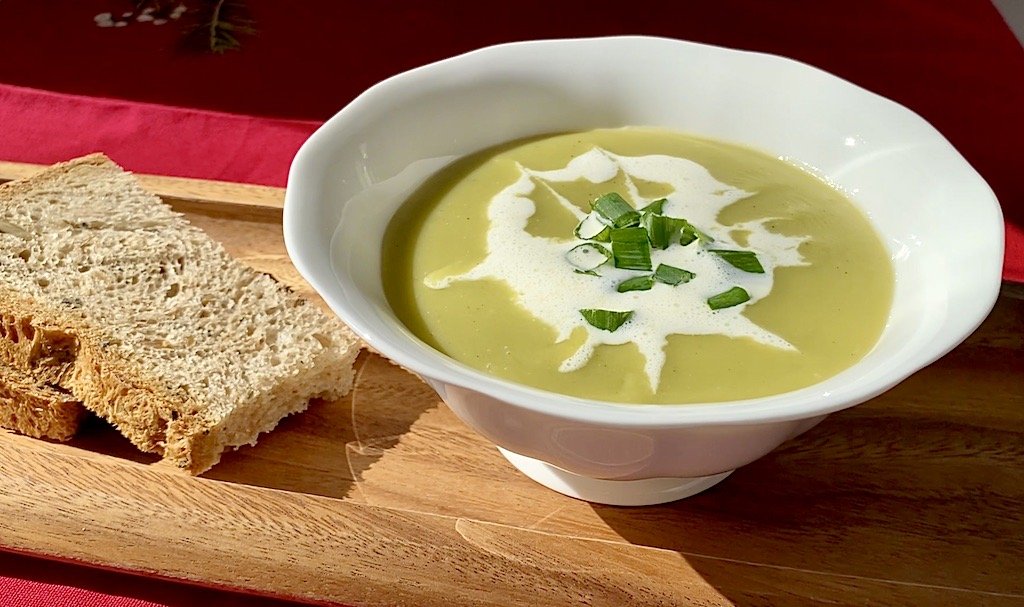
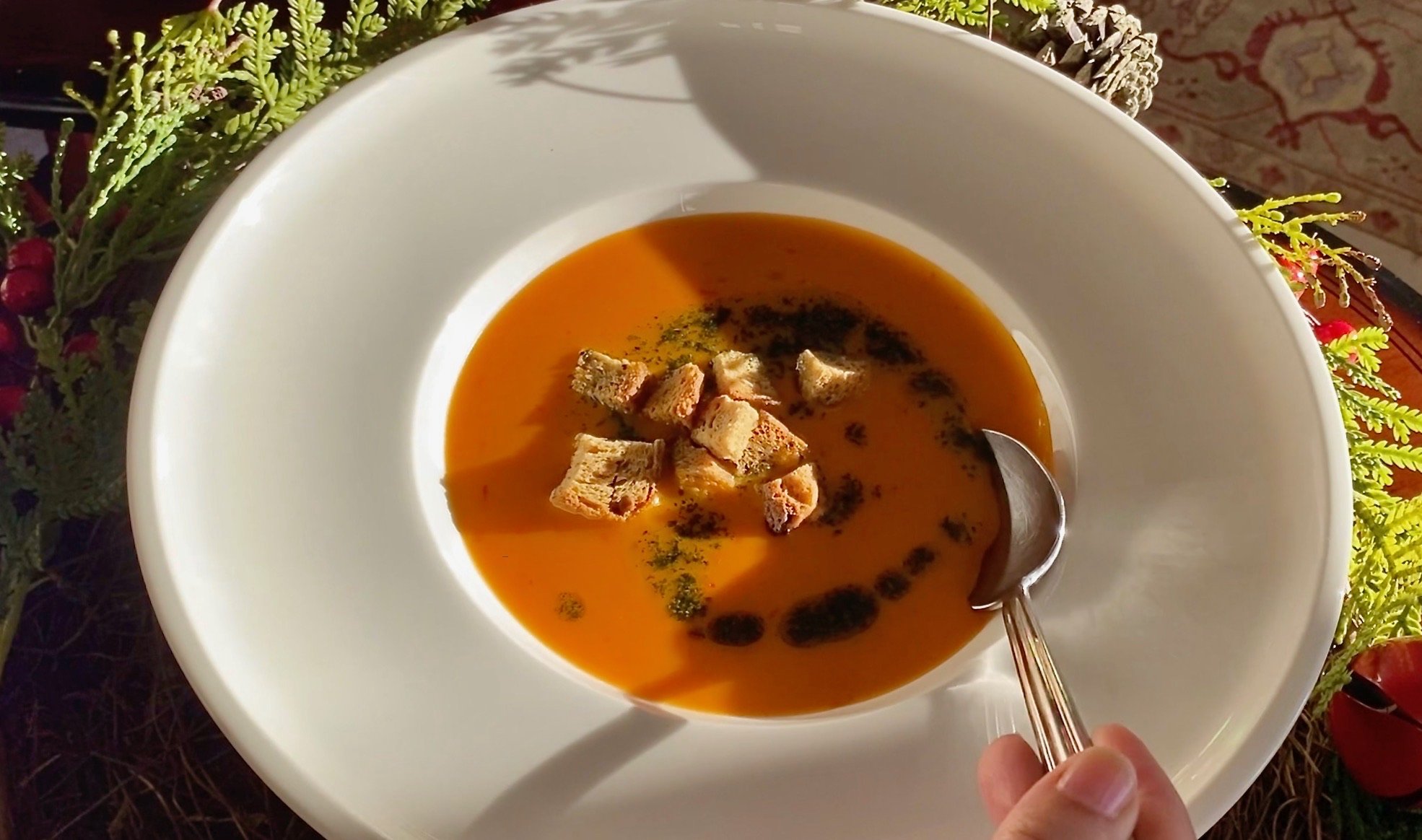
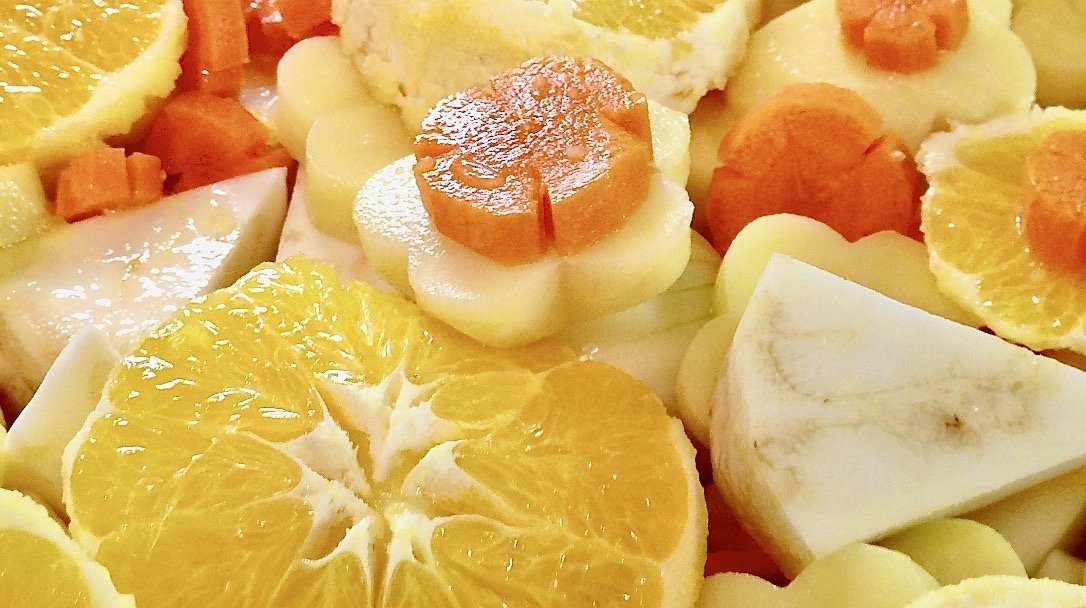
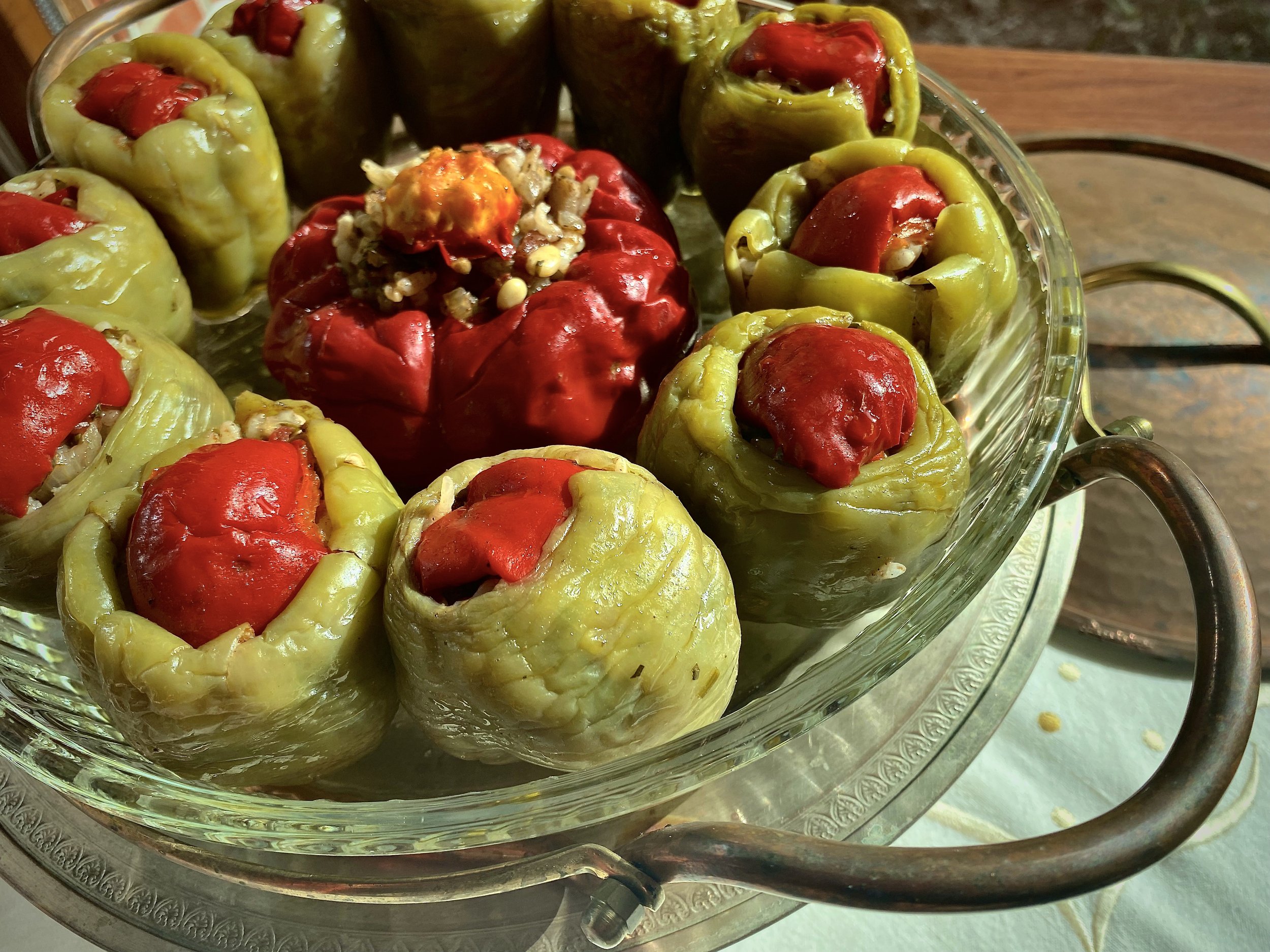

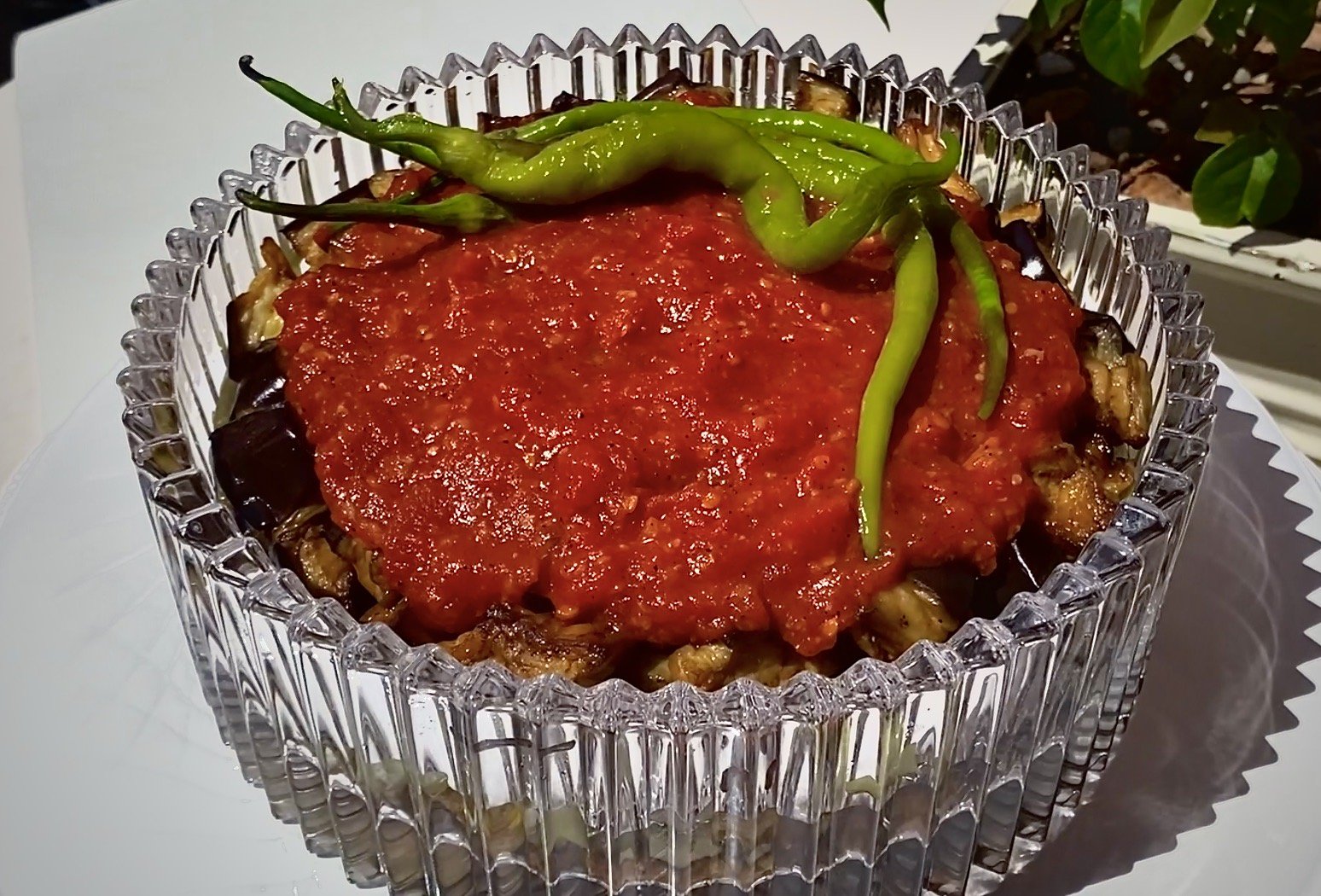
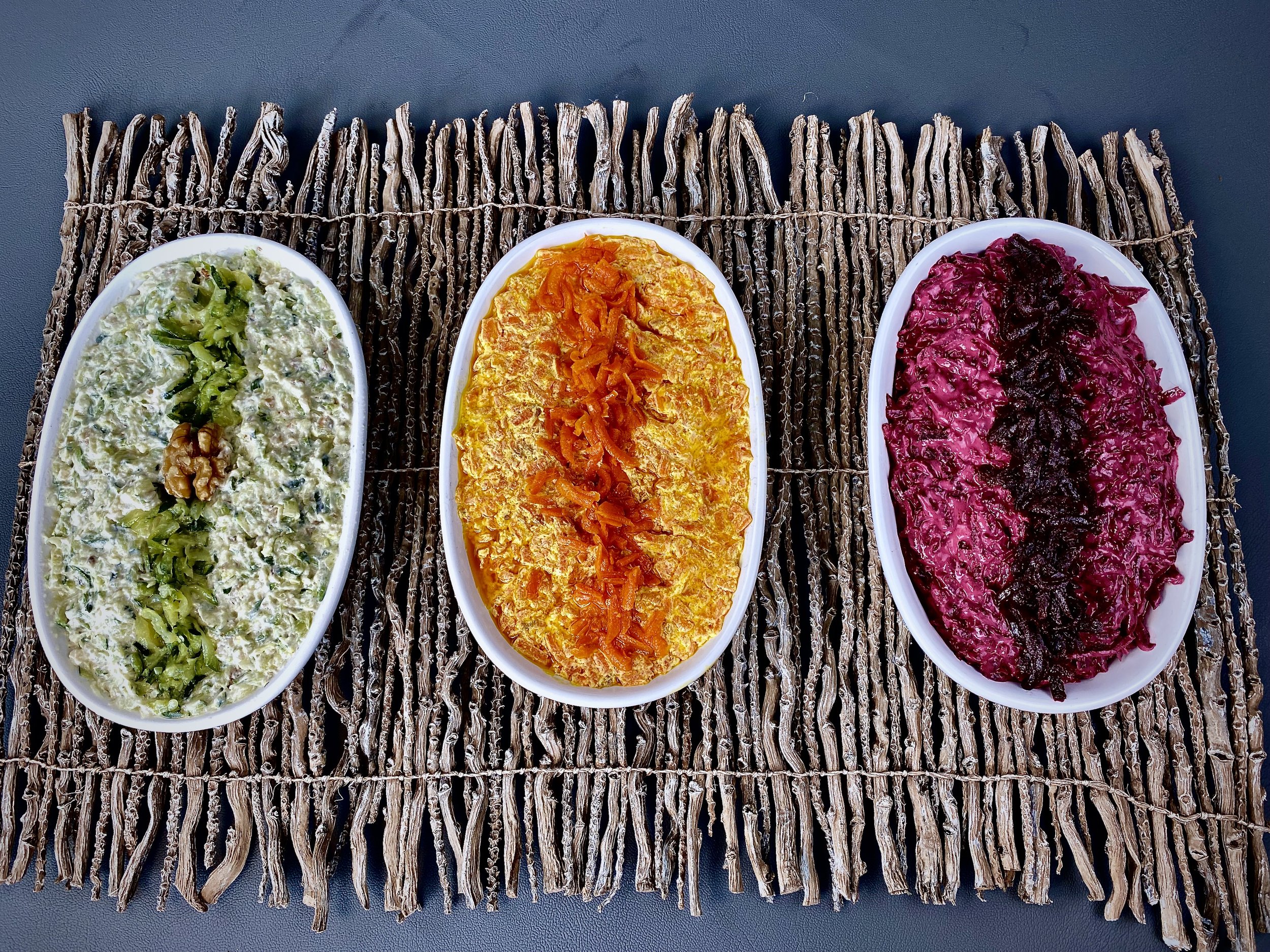
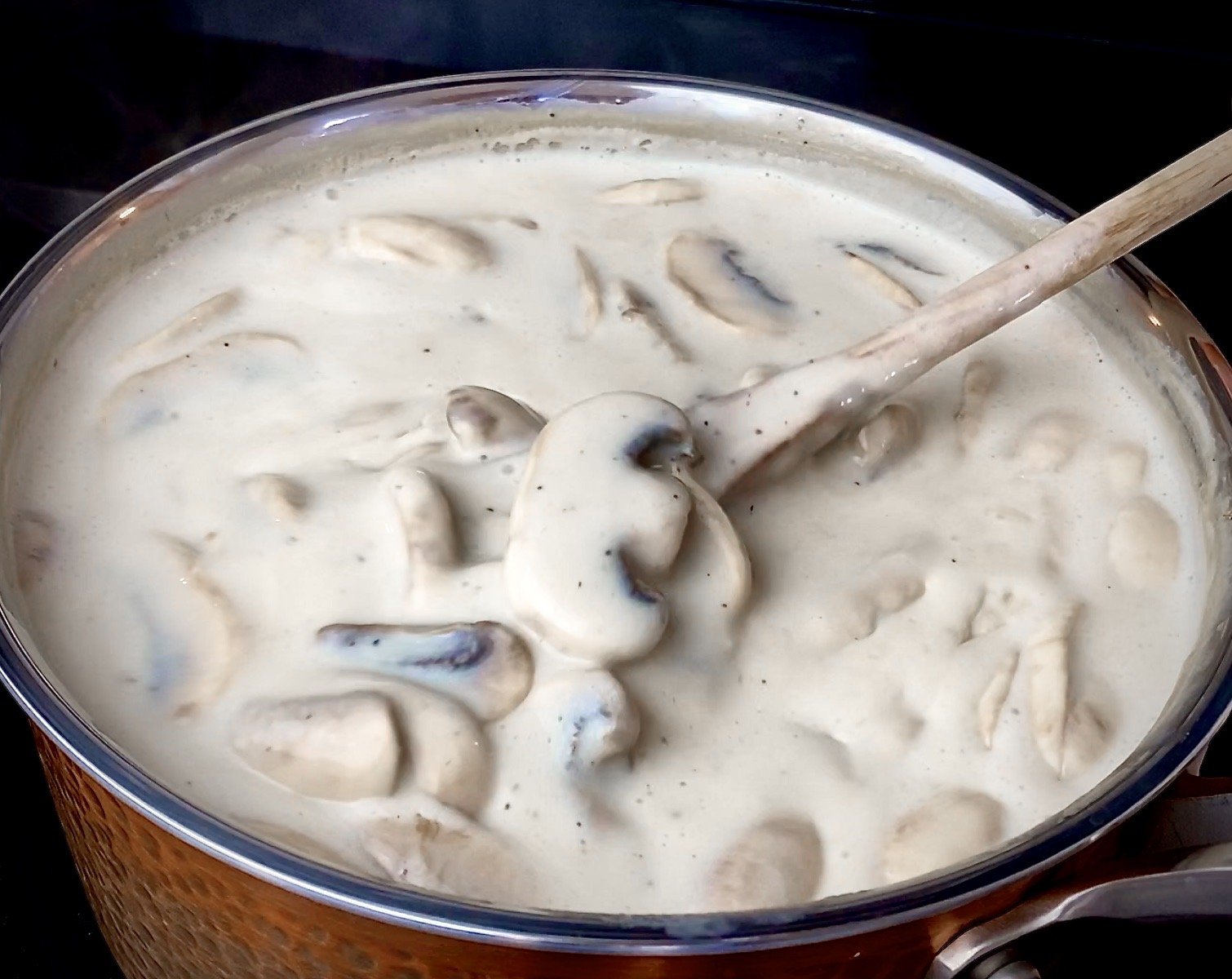
A long time ago, back in the first ages of humanity…